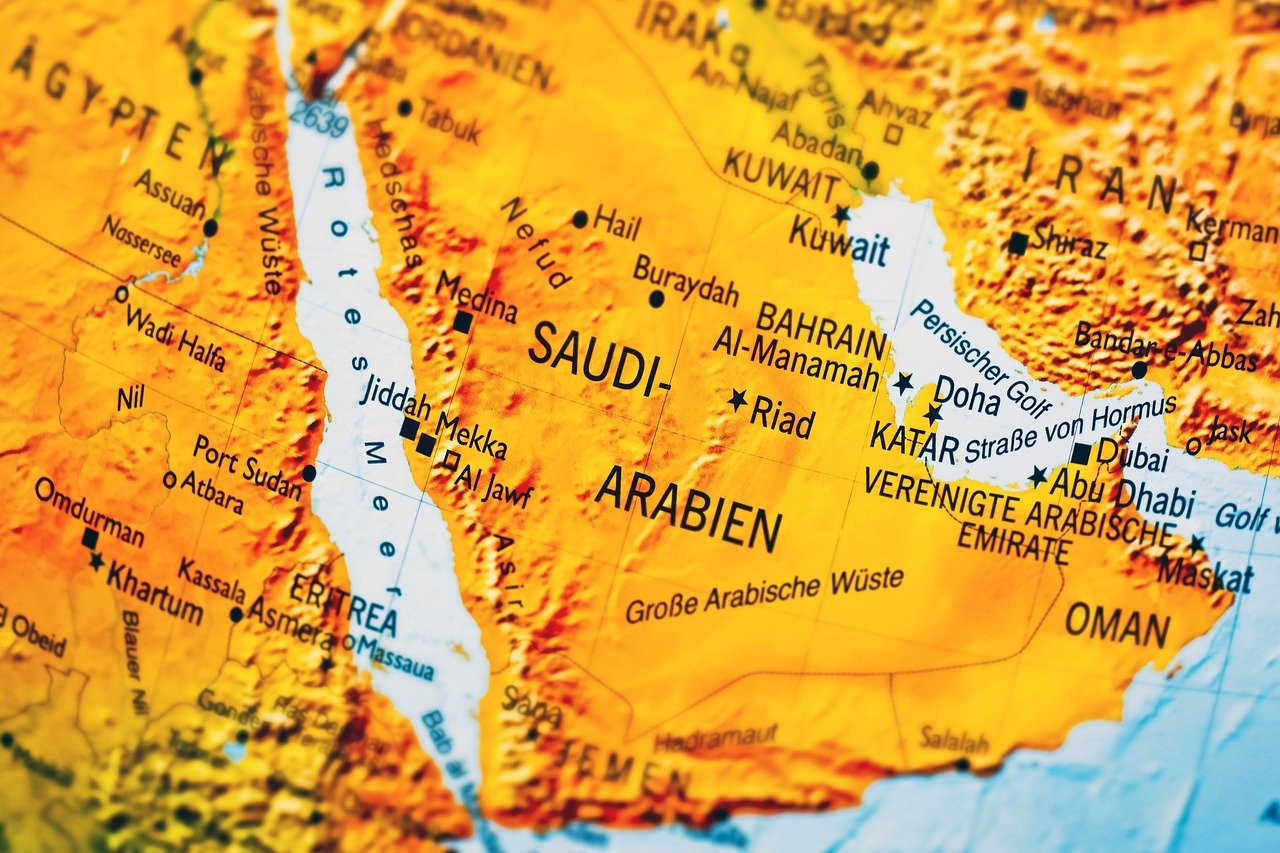Saudi Arabia has transformed significantly in recent years, evolving into a more inclusive environment for expatriates from various cultural and religious backgrounds. For non-Muslim expat families moving to Saudi Arabia, finding suitable schooling options is often a top priority. While Saudi Arabia’s education system primarily caters to local students with an emphasis on Arabic and Islamic studies, expats have access to numerous international schools, offering education aligned with global curricula. This article will guide you through the steps to identify and select the best schools for non-Muslim expat children in Saudi Arabia.
1. Understanding the Education System in Saudi Arabia

Saudi Arabia’s education system is divided into three main categories:
- Public Schools: Primarily for Saudi nationals, focusing on an Arabic-based curriculum with a strong emphasis on Islamic studies. These schools are generally not suitable for non-Muslim expatriates.
- Private Schools: Some private schools cater to both Saudi and non-Saudi students, offering a curriculum with international elements, though many still focus heavily on Arabic and Islamic subjects.
- International Schools: These are often the best option for expat families as they offer foreign curricula (such as American, British, French, and Indian) and teach in English or the school’s native language.
2. Researching International Schools in Saudi Arabia
International schools offer an environment where students from various backgrounds can integrate while following recognized foreign curricula. Here are the primary steps in researching these schools:
- Identify Schools Based on Curriculum Needs: Most international schools in Saudi Arabia follow either the American, British, or IB (International Baccalaureate) curricula. Determine which curriculum aligns best with your child’s current education, future education goals, and language proficiency.
- Location Matters: Major cities like Riyadh, Jeddah, and Al Khobar have more international schools than smaller cities. Choose a school that is within reasonable commuting distance from your home or workplace to ensure convenience.
- Accreditation and Reputation: Verify if the school is accredited by recognized bodies, such as the Council of International Schools (CIS) or other international accrediting agencies. Accreditation ensures that the school meets international education standards.
3. Evaluating School Facilities and Resources
Saudi Arabia hosts many international schools with modern facilities, but there can be significant differences in quality. When selecting a school, consider the following aspects:
- Campus Facilities: Look for schools with modern classrooms, science and computer labs, libraries, sports fields, and playgrounds.
- Extracurricular Activities: Schools offering diverse extracurricular activities, such as sports, arts, and clubs, help students develop well-rounded skills.
- Special Needs Support: If your child has special needs, verify whether the school provides the necessary resources and support staff.
4. Language and Cultural Adaptation
While English is often the primary language of instruction in international schools, a basic understanding of Arabic can be advantageous for navigating daily life in Saudi Arabia. Additionally, some schools may offer Arabic as a subject to help students adjust to their environment.
Cultural Considerations:
International schools in Saudi Arabia are sensitive to cultural diversity, yet students are expected to follow general societal norms. While religious instruction in Islam is mandatory in public schools, international schools are more flexible, allowing non-Muslim students to either opt-out of religious studies or participate in cultural programs that do not emphasize Islamic teachings.
5. Admissions Process and Required Documentation
The admissions process at international schools can be competitive, especially in cities with larger expat communities. Here’s what you need to know:
- Application Timeline: Start the application process early, ideally six months to a year in advance, as many international schools have limited capacity and may maintain waiting lists.
- Entrance Exams and Assessments: Some schools may require entrance exams or assessments to evaluate the child’s aptitude and placement level.
- Documentation Needed: Typical documents include the child’s passport, previous school transcripts, vaccination records, and in some cases, letters of recommendation.
6. Understanding Tuition and Fees
International schools in Saudi Arabia often come with a high price tag, particularly those offering American, British, or IB curricula. Annual tuition fees can range from SAR 20,000 to over SAR 100,000 depending on the school, grade level, and facilities provided. Additionally, there may be extra costs for:
- Registration and Application Fees: One-time fees that are often non-refundable.
- Uniforms and School Supplies: Costs for uniforms, textbooks, and other supplies.
- Extracurricular Activities: Some activities, field trips, and special programs may incur additional charges.
7. Popular International Schools for Non-Muslim Expats in Saudi Arabia
In major cities like Riyadh, Jeddah, and Al Khobar, some well-known international schools have built strong reputations. Here are a few:
- American International School of Riyadh (AISR): Offers an American curriculum with a focus on holistic development. It’s accredited by the Middle States Association of Colleges and Schools.
- British International School of Jeddah (BISJ): Offers the British curriculum with IGCSE and A-Level examinations, as well as the IB Diploma Programme.
- Dhahran British Grammar School (DBGS) in Al Khobar: Known for a British-based curriculum and strong community ties.
- International Indian School (Riyadh, Jeddah, and Al Khobar): Follows the Indian CBSE curriculum, catering to the large Indian expat community.
8. Networking and Parent Communities
Saudi Arabia has an active expat community, and joining expat groups or forums can be an invaluable resource. Many cities have expat community centers or online groups where parents share experiences, insights, and recommendations about schools.
Examples of Resources:
- Expat Facebook Groups: Joining city-specific groups for expatriates in Saudi Arabia can provide firsthand advice on school options and application tips.
- InterNations: A popular platform for expatriates, with groups in Saudi Arabia offering information on schools and other family-related resources.
9. Adapting to Life in Saudi Arabia
Moving to Saudi Arabia requires a period of cultural adjustment, and international schools can play a key role in helping children adapt to a new environment. While the culture and societal norms may initially seem challenging, Saudi Arabia’s recent social reforms have made life easier for expatriate families, creating a more open and inclusive environment for non-Muslims.
Final Thoughts
Choosing the right school in Saudi Arabia as a non-Muslim expat may seem daunting, but with careful research and planning, you can find an educational environment that meets your child’s academic and social needs. International schools provide expat children with a high-quality education while fostering a global perspective. Taking the time to understand the school system, admission processes, and cultural nuances will help ensure a smooth transition for your family into life in Saudi Arabia.



